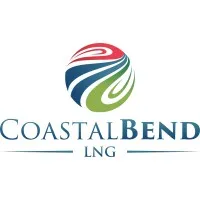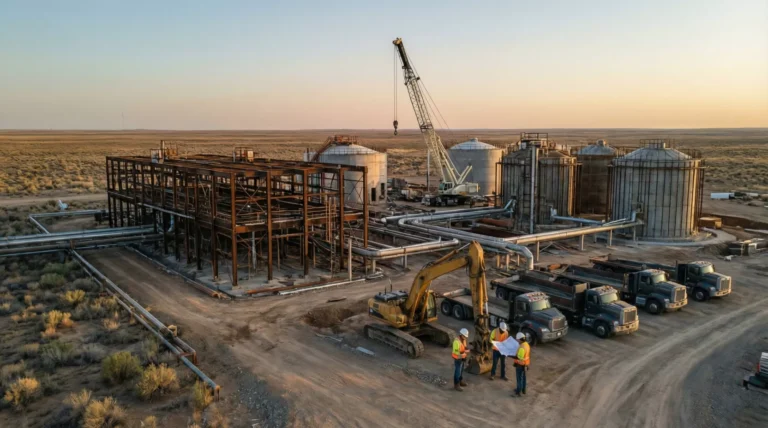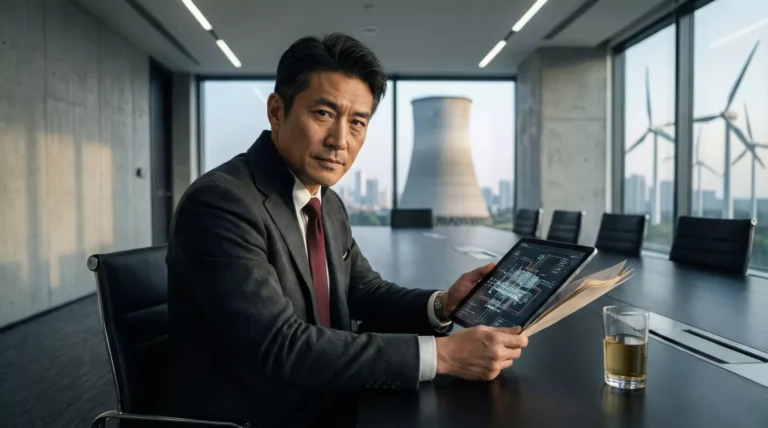
Coastal Bend LNG Partners with ClassVI.AI to Deploy Groundbreaking Artificial Intelligence Solution for FERC Permit Preparation
Coastal Bend LNG, the developer of a major natural gas liquefaction and export facility planned along the Texas Gulf Coast, has announced a significant step forward in the preparation of its Federal Energy Regulatory Commission (FERC) permit application. The company has entered into a strategic partnership with ClassVI.AI, an emerging American start-up pioneering the use of advanced artificial intelligence (AI) to expedite and streamline the permitting process for large-scale energy infrastructure projects.
This collaboration marks the first known use of a neuro-symbolic AI platform to assist in the preparation of a FERC permit application for a liquefied natural gas (LNG) project. The innovation promises not only to accelerate documentation and review cycles but also to improve the quality, consistency, and regulatory alignment of submitted materials.
The FERC Permitting Challenge
FERC’s permitting process for LNG facilities is widely recognized as rigorous, detailed, and multi-faceted. Developers must submit a comprehensive application that addresses a wide range of technical, environmental, and community considerations before receiving authorization to proceed.
Typical FERC applications span thousands of pages and are organized into numerous exhibits, each serving a specific purpose:
- Project Overview & Description – detailing the scope, location, and intended capacity of the facility.
- Environmental Impact Analysis – including studies on air quality, water resources, wildlife habitats, and potential climate impacts.
- Engineering and Design Specifications – covering plant layout, safety systems, storage capacity, and marine loading infrastructure.
- Community and Stakeholder Engagement Plans – outlining consultations with local communities, landowners, and regulatory agencies.
- Operational and Compliance Frameworks – demonstrating adherence to federal safety and environmental standards.
Traditionally, compiling this documentation is a resource-intensive process that requires coordination between engineers, environmental scientists, legal teams, and communications specialists. It often takes months, or even years, to complete and finalize all required materials for submission.
How ClassVI.AI’s Technology Fits In
ClassVI.AI has developed a neuro-symbolic AI solution — a hybrid artificial intelligence approach that combines machine learning with symbolic reasoning. This method allows the AI to not only process vast amounts of unstructured and structured data but also understand the underlying rules, hierarchies, and logical relationships embedded in regulatory frameworks such as those enforced by FERC.
By leveraging this technology, Coastal Bend LNG can:
- Rapidly Draft Application Content – The AI generates initial drafts for specific sections of the FERC application, pre-populating them with data from engineering models, environmental surveys, and corporate planning documents.
- Ensure Regulatory Alignment – The system cross-references draft content against FERC’s latest guidelines, flagging omissions or inconsistencies early in the process.
- Streamline Data Integration – AI tools consolidate inputs from different internal departments and external consultants, ensuring that all materials are aligned, version-controlled, and ready for review.
- Accelerate Review Cycles – Internal teams and legal advisors can focus their time on higher-value activities, such as refining technical arguments and optimizing community engagement strategies, instead of manually compiling repetitive background sections.
Statements from Leadership
Nick Flores, CEO of Coastal Bend LNG, emphasized the transformative potential of AI in expediting project readiness without compromising quality.
“Embedding ClassVI.AI’s secure, generative AI solutions into our permitting workflow is accelerating our preparation for the FERC pre-filing and application process,” said Flores. “AI streamlines our internal processes and enables our teams to stay focused on community engagement and operational excellence.”
For Flores, this is not just about faster paperwork — it’s about reallocating human resources to the aspects of project development that most directly influence local trust and long-term operational success.
Eric Redmond, CEO of ClassVI.AI, underscored the broader mission of his company’s technology in the energy sector.
“Our AI solutions are specifically designed to remove the administrative burden from energy infrastructure permitting so companies like Coastal Bend LNG can focus on delivering high-quality results for all of their stakeholders,” Redmond stated.

The Road Ahead
Coastal Bend LNG anticipates commencing the FERC pre-filing process in 2025. Pre-filing is an essential preliminary step that allows developers to engage with regulators early, address potential concerns, and refine the application before formal submission.
Once the pre-filing phase concludes, the full application will be submitted to FERC, after which it undergoes an exhaustive review that includes environmental impact statements, technical assessments, and opportunities for public comment.
In this project, all filings will undergo thorough review by the Energy Regulatory practice of the law firm Skadden, Arps, Slate, Meagher & Flom LLP, a globally recognized authority in complex infrastructure permitting and regulatory compliance.
Significance for the LNG Industry
The partnership between Coastal Bend LNG and ClassVI.AI signals a potential turning point for how energy infrastructure projects approach permitting. In the LNG sector, where timelines and regulatory hurdles can significantly impact project economics, reducing the preparation phase even by a few months can translate into substantial cost savings and earlier market entry.
Moreover, this use of AI aligns with the industry’s growing adoption of digital tools to enhance efficiency, from predictive maintenance and safety monitoring to supply chain optimization. Permitting, until now, has been one of the slower-moving processes to embrace such technologies.
If successful, the Coastal Bend–ClassVI.AI model could become a case study for modernizing regulatory workflows in other energy subsectors, including offshore wind, hydrogen infrastructure, and carbon capture and storage facilities.










